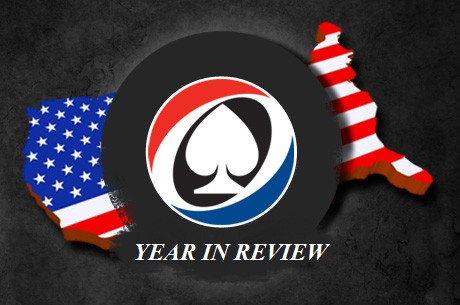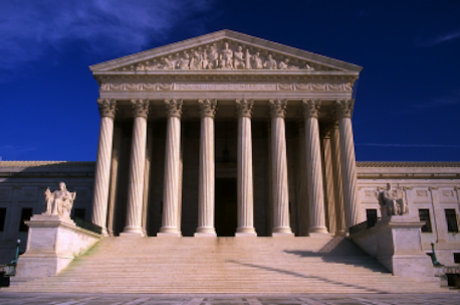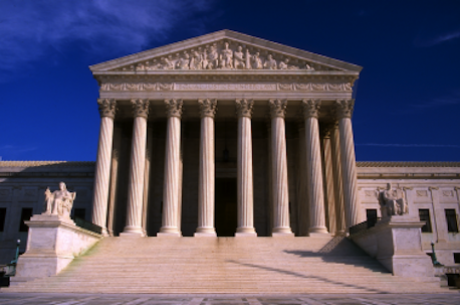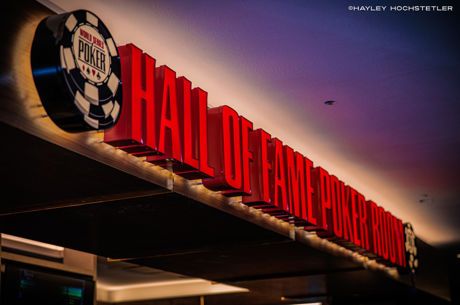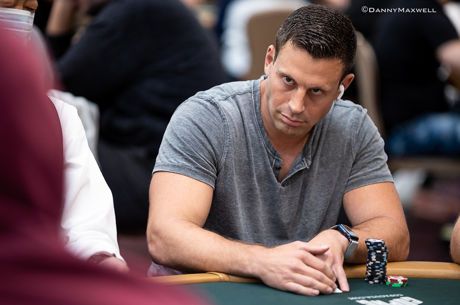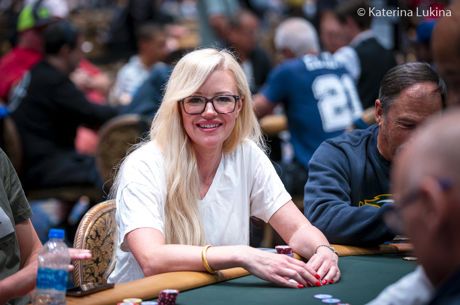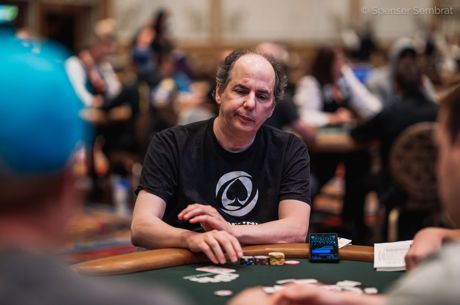An Open Letter To Newsweek: There Are Questions To Be Answered
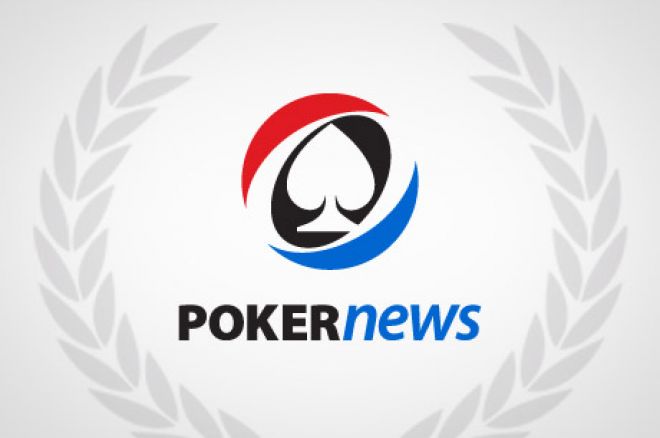
As many of you may have heard, Newsweek published an article online on Thursday, Aug. 14 titled, Poker Face: How Washington Opened the Floodgates to Online Poker, Dealing Parents a Bad Hand by Leah McGrath Goodman, and the piece is rumored to be used as a cover story in the upcoming print edition of the publication. First and foremost, PokerNews strongly encourages all that have an interest in poker to take time out and read McGrath Goodman's piece because this is the exact sort of one-sided propaganda working against the growth of our industry.
To call the article by McGrath Goodman inaccurate would be too light, when in fact it's just downright lop-sided, bad journalism through a source such as Newsweek that is regarded as respectable by so many. The same audience that will read the article and buy into the story McGrath Goodman is selling.
There are several, if not too many to list, issues, errors, and problems with the original article. Not only is the core something that PokerNews fundamentally disagrees with, but much of the piece is just outright false in nature. While it is unfortunate that such a one-sided story was written for such a large, mainstream news outlet, that does not mean those within the poker industry and those with a love for the game have to sit back and be steamrolled.
Since the piece was published and generated much attention, McGrath Goodman has responded. Her response was posted Friday, August 15 on Newsweek, but it still leaves many questions to be answered.
With that, PokerNews would like to issue an open letter to McGrath Goodman and Newsweek.
Who Is Really Behind This?
The first question we would have for the author, the editors, and Newsweek would be: Is Sheldon Adelson affiliated with Newsweek in anyway? Is he an investor, supporter, or contributor in any manner, and how much does he support those involved with contributions to the article?
In her response letter, McGrath Goodman states the piece was not politically motivated, but it is known that Adelson writes many checks to political action committees, and more importantly that he has given direct contributions to Sen. Lindsey Graham, who co-sponsors activities with Rep. Jason Chaffetz.
In the article, Chaffetz provides insight and opinions about geolocation technology. Not once, though, is there a mention of at least an attempt to speak to someone from the other side, say an expert in the field or a spokesperson for one of the companies handling geolocation technology.
In her response letter, McGrath Goodman states the piece was not politically motivated and that she "spoke with a wide range of experts, some named in the story and others not." She added, "These sources represented all sides of the discussion and included the White House, the Department of Justice, the Federal Bureau of Investigation, gaming regulators, industry advocates, youth-gambling experts, gaming companies, politicians, lawyers and scientists."
It is eye opening that all source information included in the article was so one-sided, and that the article was geared as such. Judging by the outcry from so many industry members post publication, one would argue it was a very select, specific group of "industry advocates" spoken to for this project.
On Twitter, McGrath Goodman wrote, "Articles always contain only a small amount of the total research. Otherwise, they are books." While this is often the case, it is very important to not just cut out one side of a story to sway the audience.
Regulations and "Underage Gaming"
Continuing with Chaffetz, the author uses quotes from him in the article to state that it is easy to log onto a regulated, legal online poker site and start placing bets, yet one would think to give the process a try first hand. There are several verification steps needed to sign up for real-money play online, and it would be easier for someone under the age of 18 to steal a parent's credit card and have a shopping spree on Amazon.com unbeknownst.
Then there's the use of statements from Jeffrey Derevensky, a professor of applied child psychology and psychiatry at McGill University in Montreal. "On average, he says, 5 to 8 percent of university students are what he would classify as 'at-risk gamblers,'" McGrath Goodman wrote, "with 2 to 4 percent suffering from 'a serious gambling addiction.'"
"Online and mobile gambling is going to be a big thing, and those aged 18 to 25 have the highest prevalence of gambling-related problems among adults,�� said Derevensky in the piece.
It's interesting that the lead image and the story written by the author aim to paint online gambling and online poker as a problem for children that parents should be heavily aware of, but twice Derevensky mentions people classified as adults. First, "university students" are mentioned and then he says "those aged 18 to 25." When was someone in the ages of 18 to 25 not considered an adult?
Furthermore, can the author or Newsweek point to any cases of underage gaming in a regulated US market? Key word, regulated, and that brings up the next glaring issue here: Why is there no distinction between regulated, legal online gambling and unregulated, illegal online gambling? Plenty of regulation is in place to not allow under-age participants to get involved.
How the UIGEA Really Came To Light
Also, how the Unlawful Internet Gaming Enforcement Act (UIGEA) was passed in 2006 should be a topic that McGrath Goodman goes into greater detail within the piece. Not how most assume it was passed, but rather the story behind how it was actually slipped into the Safe Port Act as an attachment �� the Safe Port Act that was effectively a "must pass" piece of legislation and entirely unrelated to the UIGEA.
It is important to inform the reading public of how the UIGEA was, to put it simply, a late-night trick by political figures. Is Newsweek aware of how the UIGEA came to light in the first place, and if so, why was this important information conveniently left out?
We would finally like to ask the question: Is Newsweek aware of how many jobs can be created through online poker and online gaming, how many tax dollars can be earned, and that poker has been shown to be a game of skill, not luck, by both judges and studies? None of this was touched upon.
As the world becomes more and more technologically advanced, virtual elements of all industries are increasing, if not becoming the norm, whether that be banking, media, communication, and so much more. It's only a matter of time before online gaming, and specifically poker, are legalized and regulated on a federal level in the US. Poker is a game of skill, and so is online poker.
The poker industry isn't going to stand around and be portrayed in such a demonizing manner. PokerNews strongly encourages poker players, fans, and industry members to let our voices be heard. We deserve better. Through sharing this article, asking the questions, and speaking up, hopefully we will all receive the answers we deserve.
Get all the latest PokerNews updates on your social media outlets. Follow us on Twitter and find us on both Facebook and Google+!

